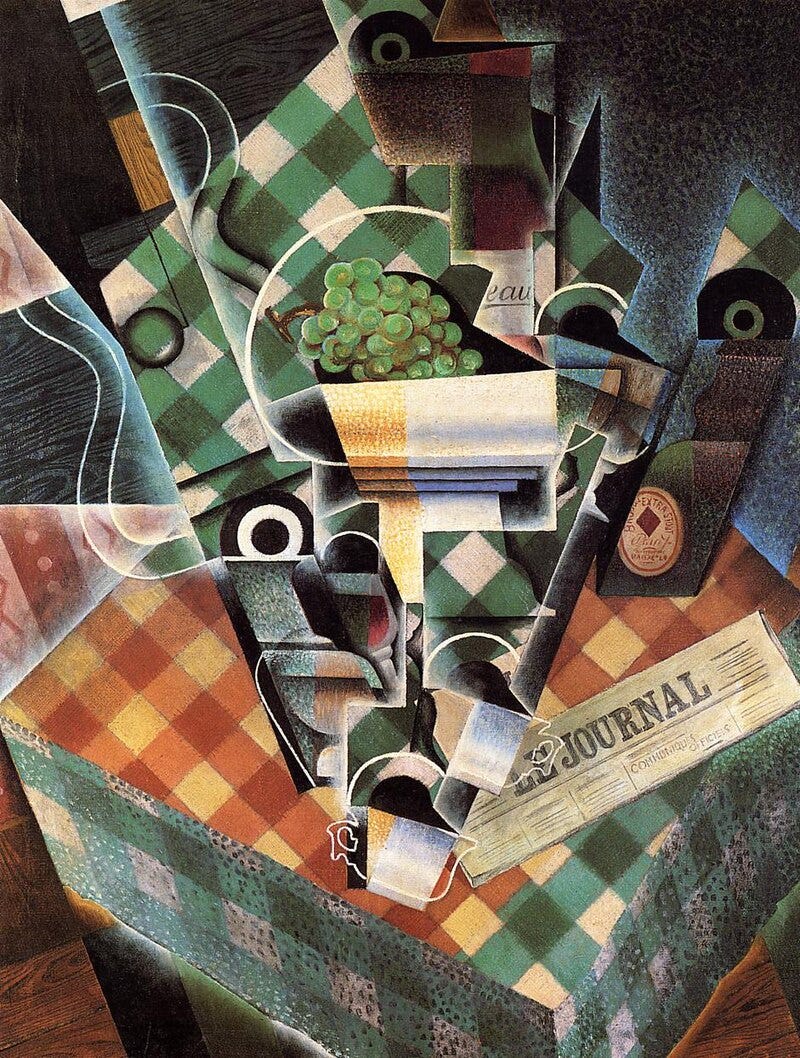
When I was small, my grandfather’s voice was the first sound that seemed to belong to the world itself. It came to me in the early mornings, long before the birds woke, when the sky was still ink-dark and the earth cool beneath bare feet. His voice had the timbre of old wood and river stones, worn smooth by time and blurred by ruins, like the match he struck to light his pipe in the noon. He spoke in a language that tasted of cardamom and bitter betel, that smelled of smoke curling up from the clay stove, of the rain washed earth outside our door.
His was the language of hands, calloused, steady and slow. The language of pauses, of listening before speaking. The language of stories that did not rush to their endings. He spoke not to be heard, but to plant something, a seed of thought that might flower days, even years, later.
I didn’t know then that what he was giving me, word by word, silence by silence, was an inheritance. Not of land or wealth or things that could be measured, but of a way of seeing. A way of speaking that carried the weight of those who had come before us. A language shaped by soil and river, by droughts survived, by harvests gathered in joy and in sorrow.
But as I grew older, as schoolbooks thickened and the vocabulary grew sharper on, I began to leave his words behind without even realising it. His language, once so familiar, became something I folded away, like the faded cotton towel he kept draped over his shoulder, always near, always forgotten until it was needed. I softened the roughness of his consonants when I repeated them. I left out the proverbs that felt too heavy, too strange beside the clipped, clean words of my textbooks.
And yet, it is his voice I hear now, in moments of quiet. When the rain begins, and the air smells of earth. When I peel an orange and remember how he would divide each segment with care, offering me the sweetest one. When I try to tell a story and catch myself pausing, the way he did, to make sure the listener has time to follow.
I have tried, clumsily, to translate him. To write down his sayings, to explain his riddles, to carry his wisdom across into my language, my time. But translation is never just about finding the right words. It is about carrying over what words cannot hold; the glance that said, “I am proud of you, though I’ll never say it aloud.” The quiet hum he gave when he agreed, so soft that you almost missed it. The long silence that wasn’t emptiness, but a space left open for you to think.
And sometimes I wonder, who translates the translator? Who helps us bridge the distance between what was given and what we forgot to hold on to? Between who we were when we listened and who we are now, trying to speak?
I don’t have the answer. But I have his voice, still. Not on tape, not on paper, but woven into the way I wait before I answer. Into the way I tell stories, never in a hurry. Into the way I am learning, slowly, to listen.
About the Author:
Kaveesha Bhatt is an aspiring writer and a student of English Literature at St. Stephen’s College, Delhi University. Her interests converge at the intersection of a passion for poetry and storytelling. She also runs a personal blog, sharing fragments of her writing, where language lingers and feeling finds form.
